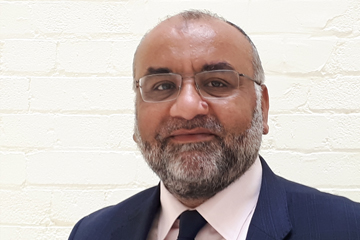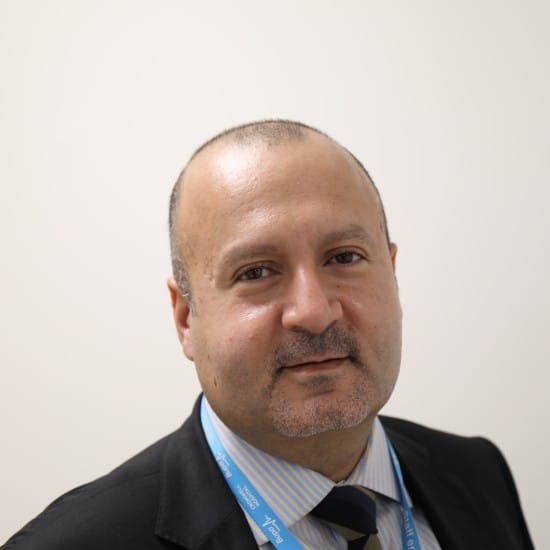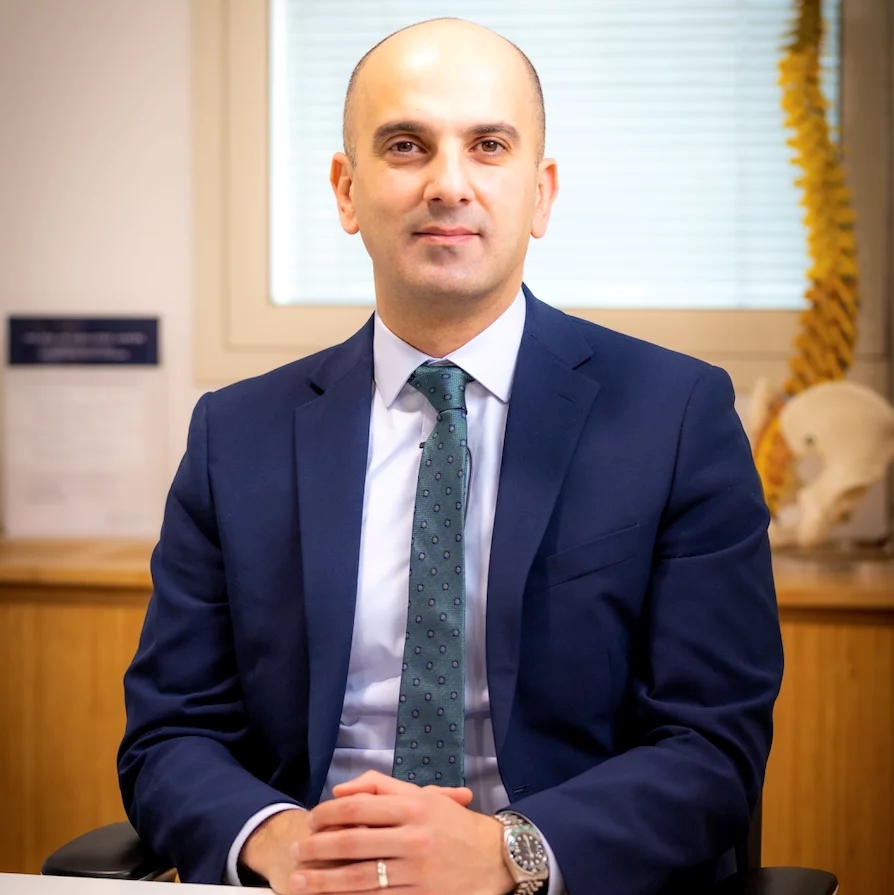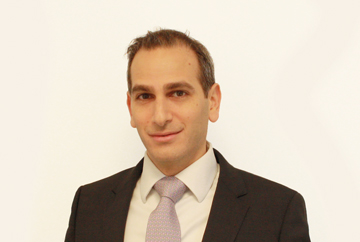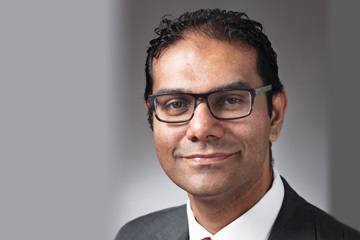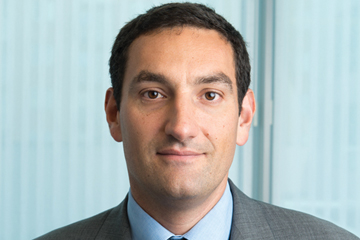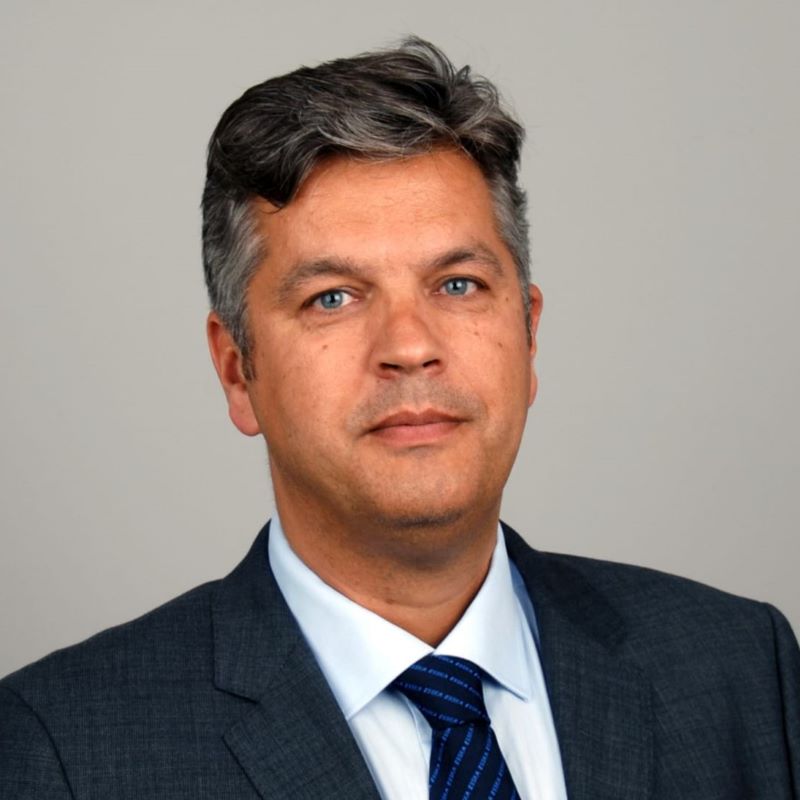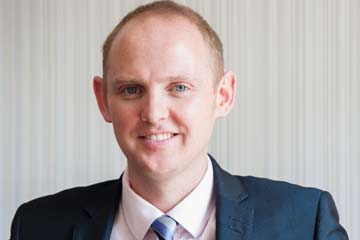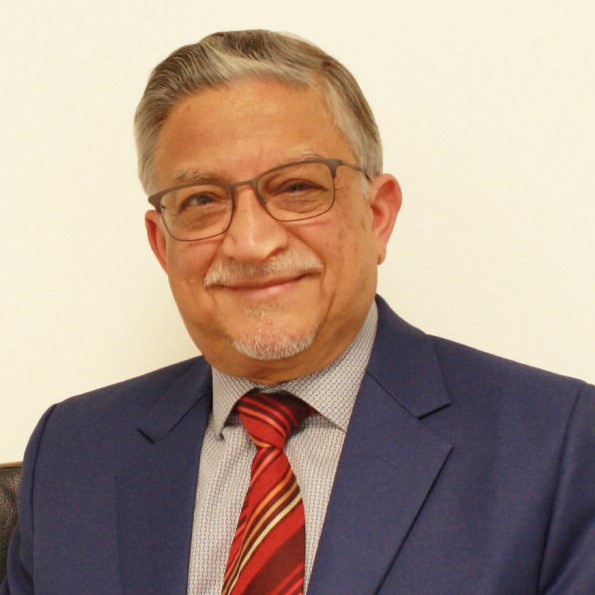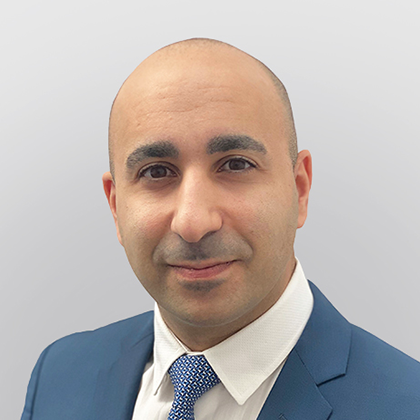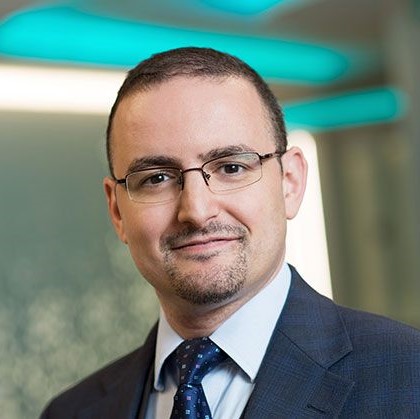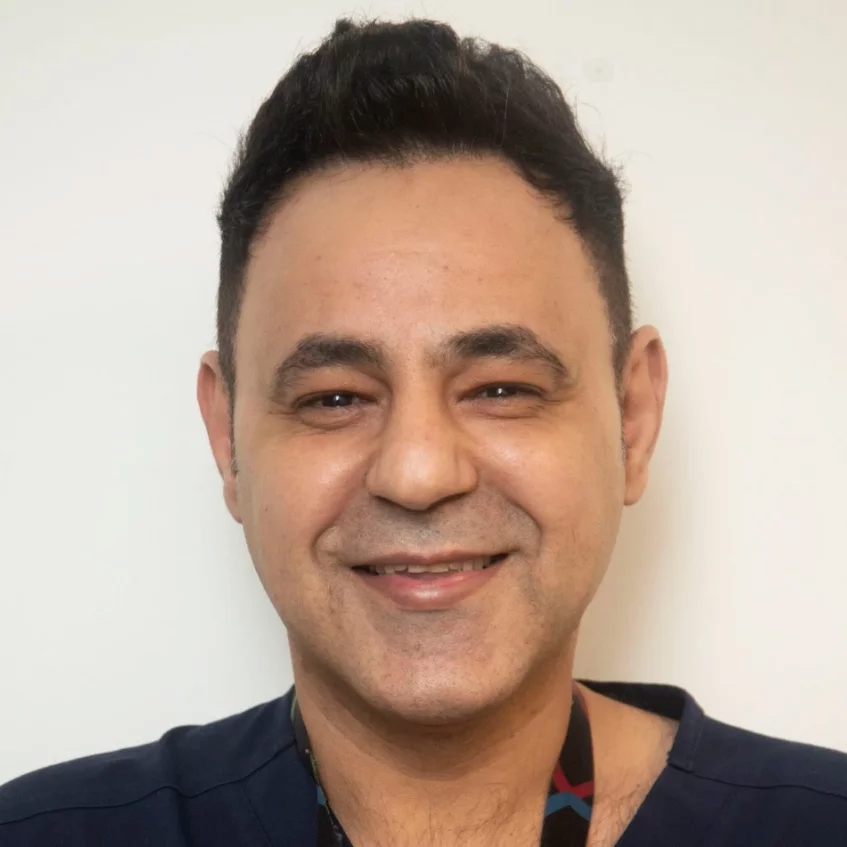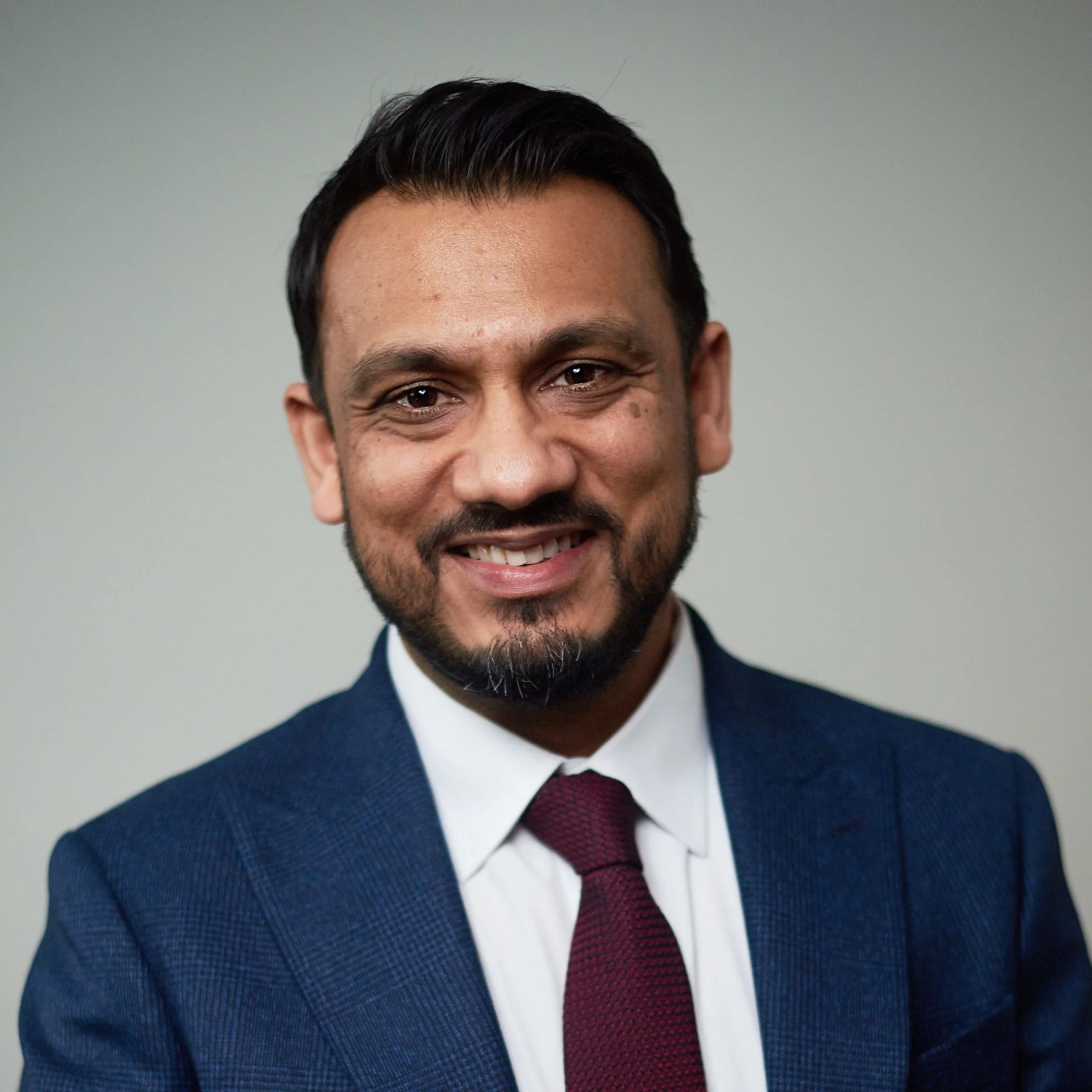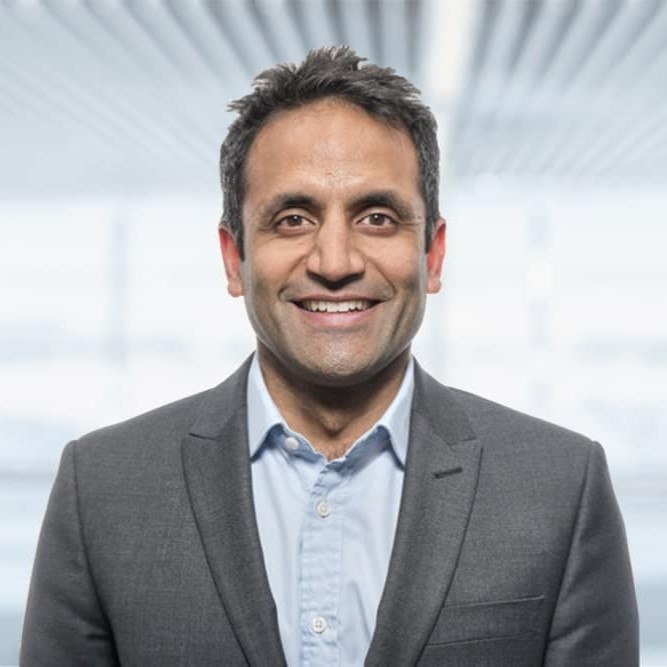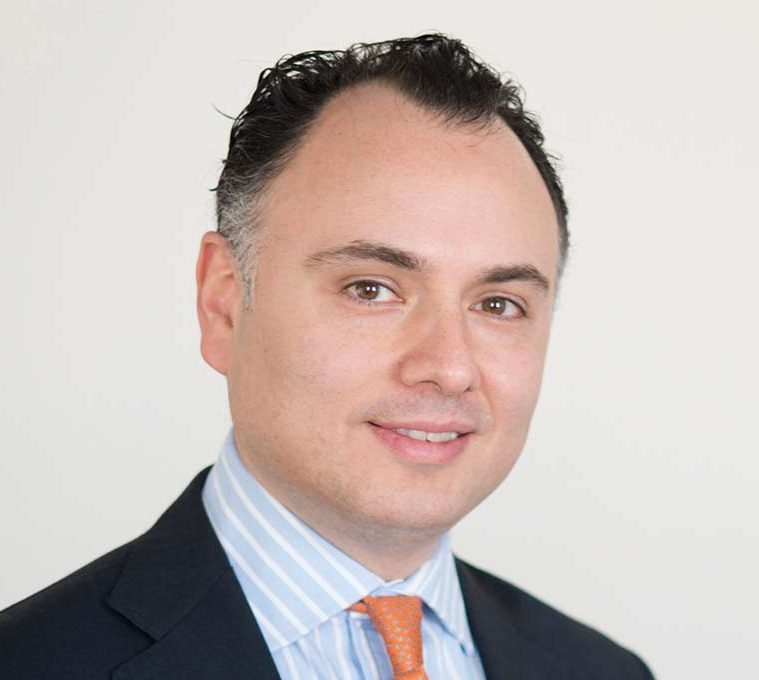Orthopaedic care
Our consultant orthopaedic surgeons provide world-class care and treatment for patients with conditions affecting their joints, bones, ligaments, tendons, muscles, and nerves.
About our private orthopaedic care
At Cromwell Hospital and Basinghall Clinic, we understand that experiencing an orthopaedic condition can be debilitating and the wide-ranging symptoms, such as pain and decreased mobility, can impact on your quality of life.
Our expert multidisciplinary team of orthopaedic surgeons and consultants provide rapid assessment, diagnosis, and treatment for a range of conditions affecting the bones, joints, and soft tissues. From joint replacements to sports injuries, our aim is to deliver a tailored, expert-led treatment programme which supports you in making a fast recovery and get back to living life to the full.
We also offer an orthopaedic medicine service, which includes non-surgical treatments for conditions such as backache, neck pain, sports injuries, and early osteoarthritis of the hip or knee joint.
In 2022, Cromwell Hospital was named as a National Joint Registry (NJR) Quality Data Provider.

Free webinar!
Find your stride: Preventing and managing running injuries
Date: 29 April 2025
Time: 6.30 – 7.30 PM
Location: Online
We treat a variety of foot and ankle conditions, including:
- Achilles tendon rupture
- arthritis
- bunions
- flat feet
- fractures
- sports injuries
- toe deformity
- tendon disorders
- trauma
Treatments we provide include:
We treat a variety of hand and wrist conditions, including:
- carpal tunnel syndrome
- ganglion
- osteoarthritis
- rheumatoid arthritis
- sports injuries
- trigger finger
Treatments we provide include:
- carpal tunnel release surgery
- Dupuyten’s surgery
- carpometacarpal joint replacement (thumb)
We treat a range of conditions affecting the hip, including:
- degenerative hip disorders
- hip arthritis
- hip fractures
- hip impingement
- greater trochanteric pain syndrome
- hamstring pain
- gluteal tendinopathy / greater trochanteric pain syndrome
Treatments we provide include:
- hip replacement (primary & revision)
- hip arthroscopy
- BMAC injections
- local anaesthetic & steroid injections
We treat a broad range of conditions affecting the knee, including:
- anterior cruciate ligament (ACL) injuries
- knee bursitis
- knee cartilage damage
- medial collateral ligament (MCL) injuries
- meniscal tears
- posterior cruciate ligament (PCL) injuries
Treatments we provide include:
- anterior cruciate ligament (ACL) reconstruction
- anterior cruciate ligament (ACL) revision
- articular cartilage surgery (chondroplasty)
- knee arthroscopy
- knee osteotomy
- knee replacement (unicompartmental, primary & revision)
- lateral collateral ligament (LCL) reconstruction
- meniscal repair
- partial meniscectomy
- posterior cruciate ligament (PCL) reconstruction
- stabilisation of the kneecap
- BMAC injections
- Arthrosamid injection for knee osteoarthritis
We treat a broad range of conditions affecting the shoulder, including:
- acromioclavicular (AC) joint dislocation
- biceps tendon tear
- frozen shoulder
- SLAP tear
- shoulder dislocation
- shoulder fracture
- shoulder impingement
- shoulder arthritis
- rotator cuff problem
Treatments we provide include:
We provide a range of treatments to help alleviate the symptoms of spinal and leg conditions, such as numbness and pain.
Treatments we provide include:
Orthopaedic self-pay packages
We offer a range of flexible payment options including self-pay. You don’t need medical insurance to access our services and, in many cases, you don’t need a GP referral.
Our self-pay packages make it clear what you’ll be paying for and when. Please find below a selection of our most popular self-pay packages available at Cromwell Hospital.
Anterior cruciate ligament (ACL) reconstruction is a type of orthopaedic surgery used to reconstruct a torn ACL in the knee. A torn ACL mainly occurs due to a sports injury but could be a result of multiple other causes, such as a shift in your leg movements including extending your leg too far forward or significant twisting event.
Find out more about anterior cruciate ligament (ACL) reconstruction >
Find out more about anterior cruciate ligament (ACL) revision surgery >
Anterior discectomy, decompression and fusion is a procedure designed to relieve pressure on the spinal cord and/or nerves, relieve pain and to stabilise the spine.
Find out more about anterior discectomy, decompression and fusion >
Chondroplasty involves smoothing the surface of the articular cartilage by either shaving the articular cartilage or treating it with a radio frequency probe. This allows the surfaces to move with less friction or irritation.
Bone marrow aspirate concentration (BMAC) injections are a non-surgical minimally invasive regenerative treatment that uses natural stem cell ability to heal the body via biological growth factors.
Find out more about BMAC (bone marrow aspirate concentrate) injections >
Carpal tunnel release surgery helps correct or relieve symptoms of carpal tunnel syndrome. The most common symptoms that patients experience include numbness, pain in their hand and tingling.
Dupuytren’s contracture surgery is a procedure used to treat patients who suffer from Dupuytren’s contracture, thickening of fascia in the palm leading to one or more fingers bending towards the palm, which cannot be straightened.
The dural sac is the membranous sheath or tube of dura mater that surrounds the spinal cord. An excision of intradural lesion involves removing a lesion from this area.
Hallux valgus (often referred to as a bunion) is a condition whereby misalignment of the big toe(s), leads to a drift towards the lesser toes and subsequent overcrowding. It can cause the toes and feet to swell, malalign and be painful.
Hip replacement is a successful and common type of orthopaedic surgery, in which a damaged or worn hip joint is replaced with an artificial component, leading to a significant improvement in function. If the joint fails due to infection, trauma, wear and tear or loosening, it can be successfully revised.
A knee arthroscopy is a type of keyhole surgery which allows your surgeon to look inside your knee. The surgery is used to help diagnose and treat problems within the knee.
Knee osteotomy involves removing or adding a wedge of bone in your upper shinbone or lower thighbone.
This straightens the bowing and shifts your weight to the undamaged part of your knee joint – prolonging the life of your knee.
A knee replacement (arthroplasty) is a common type of surgery where a worn, damaged or diminished knee joint is replaced with an artificial joint. The procedure has a high success rate, and is designed to greatly relieve pain, improve your range of movement and give you a significantly improved quality of life. If the joint fails due to infection, trauma, wear and tear or loosening, it can be successfully revised.
Lumbar decompression is a type of surgery that is designed to treat compressed nerves in the lower spine – providing patients with relief from pain and numbness in their legs.
Patients that suffer from Morton’s neuroma may benefit from peripheral nerve surgery to remove part of the damaged nerve and/or the bursa. Morton’s neuroma can be caused by various factors including trauma or excess pressure and can lead to persistent pain and discomfort.
Find out more about peripheral nerve surgery for Morton’s neuroma >
Narrowing or ‘crowding’ of the spinal and nerve root canals can cause pain, numbness, and muscle weakness. Posterior decompression surgery creates space within the spinal cord and nerves, relieving pain and pressure that is often felt in the legs.
A posterior excision of disk prolapse, usually delivered as a form of lumbar decompression, is a procedure where a damaged disc is removed from around the spine, relieving pain and numbness in the legs caused by compression.
A prosthetic intervertebral disc replacement is a procedure that removes a disc in the spine and replaces it with an artificial one. The procedure is designed to relieve nerve pain and compression within the spine.
Find out more about prosthetic intervertebral disc replacement >
A shoulder arthroscopy is a type of keyhole surgery that is carried out through a very small incision in the shoulder joint. Shoulder arthroscopy helps to diagnose and treat the causes of shoulder pain and is less invasive compared to traditional open surgery – hence results in quicker recovery.
A spinal discectomy is the removal of a small amount of bone and disc that together are compressing a nerve root in your lower back. This procedure relieves pain or weakness caused by the nerve compression.
A shoulder replacement is a common operation in which a damaged or worn shoulder joint is replaced with a prosthetic joint. There are different types of shoulder replacement, including a total shoulder replacement, a reverse shoulder replacement and a hemiarthroplasty.
Our partnerships
We’re committed to providing world-leading care across multiple specialties using the latest in healthcare technology. Our partnerships with established consultant groups, specialists and other medical experts support us in doing just that.
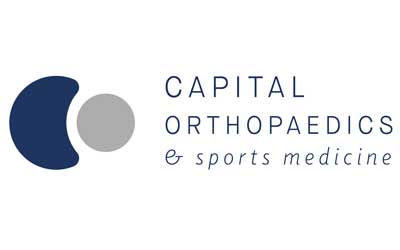
Capital Orthopaedics
Capital Orthopaedics is a leading private orthopaedic and sports medicine practice based at the Cromwell Hospital, and specialising in arthroscopic (keyhole) surgery.
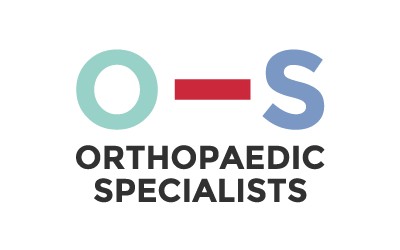
Paediatric Orthopaedic Specialists
Internationally acclaimed orthopaedic surgeons with a reputation for innovative, personalised care of children.
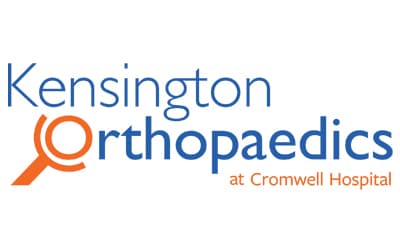
Kensington Orthopaedics
Kensington Orthopaedics brings together expertise for the diagnosis and treatment of a range of musculoskeletal conditions affecting the shoulder, hand, hip, knee and foot and ankle. Treatment is evidence based and tailored individually to each patient.
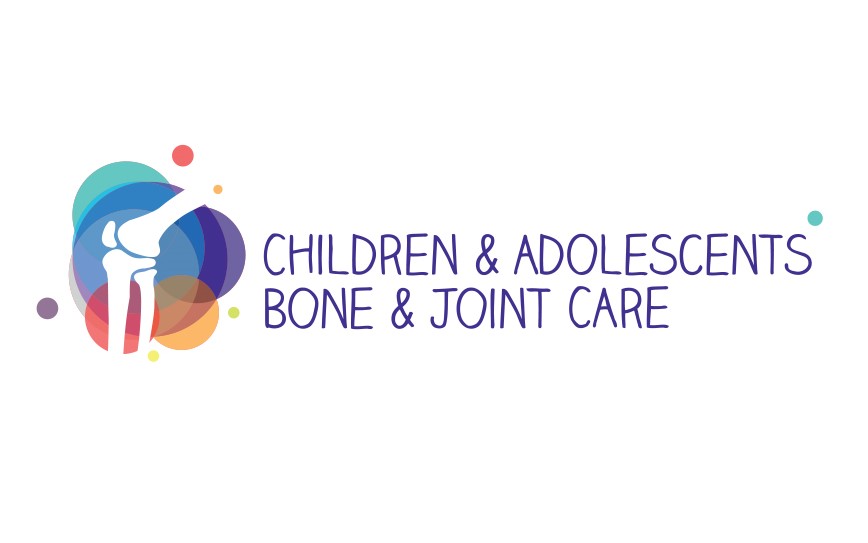
Children and Adolescents Bone and Joint Care
Children and Adolescents Bone and Joint Care at Cromwell Hospital treats musculoskeletal conditions including bone and joint conditions, fractures and sports injuries in children
Paying for your treatment
We welcome both self-paying and insured patients.
Self-pay patients
We offer several ways for patients to self-pay, including pay-as-you-go and self-pay packages.
Insured patients
At Cromwell Hospital, we accept private health insurance from most major providers, including AXA, Aviva, Bupa, and Vitality.
Latest blogs
Have a read through the latest features from our consultants and health professionals:
-
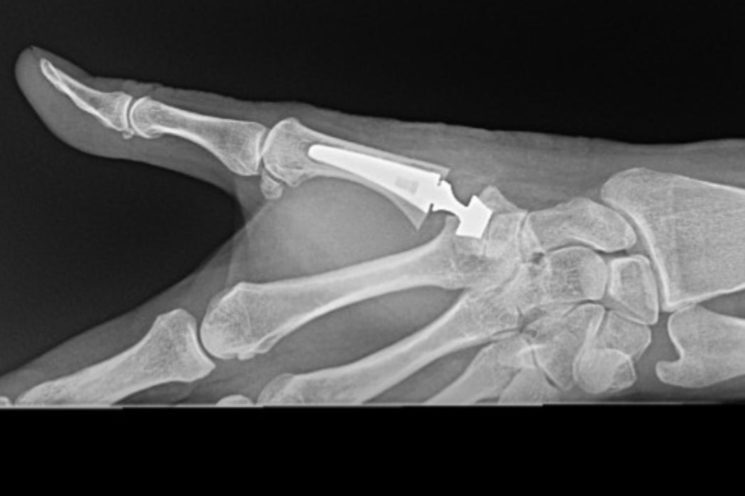
Patient testimonial: Thumb CMCJ replacement surgery
A patient at Cromwell Hospital shares their experience of being treated for arthritic thumb pain by Mr Ravi Mallina.Read this article
-

Navigating the slopes: Understanding ACL injuries in skiing
Mr Raghbir Khakha, Consultant Orthopaedic Surgeon at Cromwell Hospital, shares his insights on ACL injuries in skiing.Read this article
-

Hip replacement: What to expect
Find out more about hip replacement surgery and what to expect from orthopaedic surgeon Miss Samantha Tross.Read this article
Our locations
Please note, Basinghall Clinic may not provide all the services listed on this page.

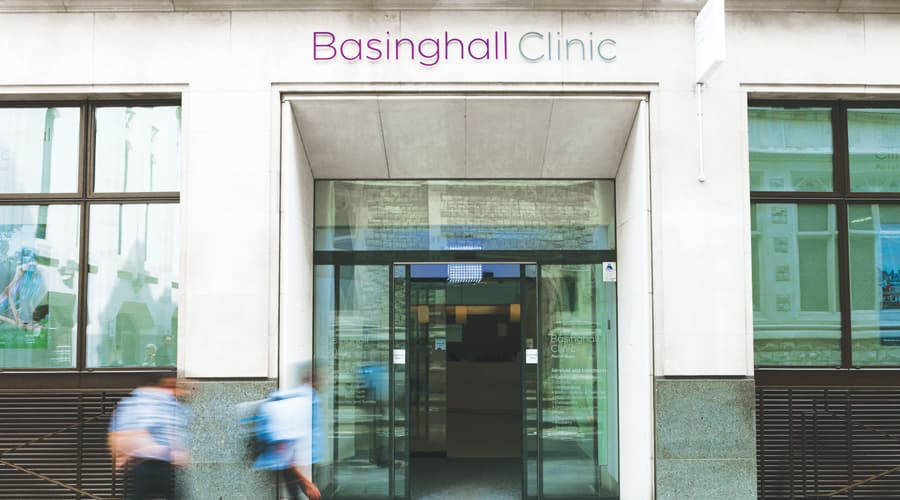
Contact us today
Our team will be happy to answer any questions and book your appointment.
Self-pay: +44 (0)20 7244 4886
Insured: +44 (0)20 7460 5700
Private orthopaedic surgeons in London
Showing 1-6 of 55
Book an appointment today
Call us now for appointment bookings, general queries, and personalised quotes.
Alternatively, you can contact us using our online form.




